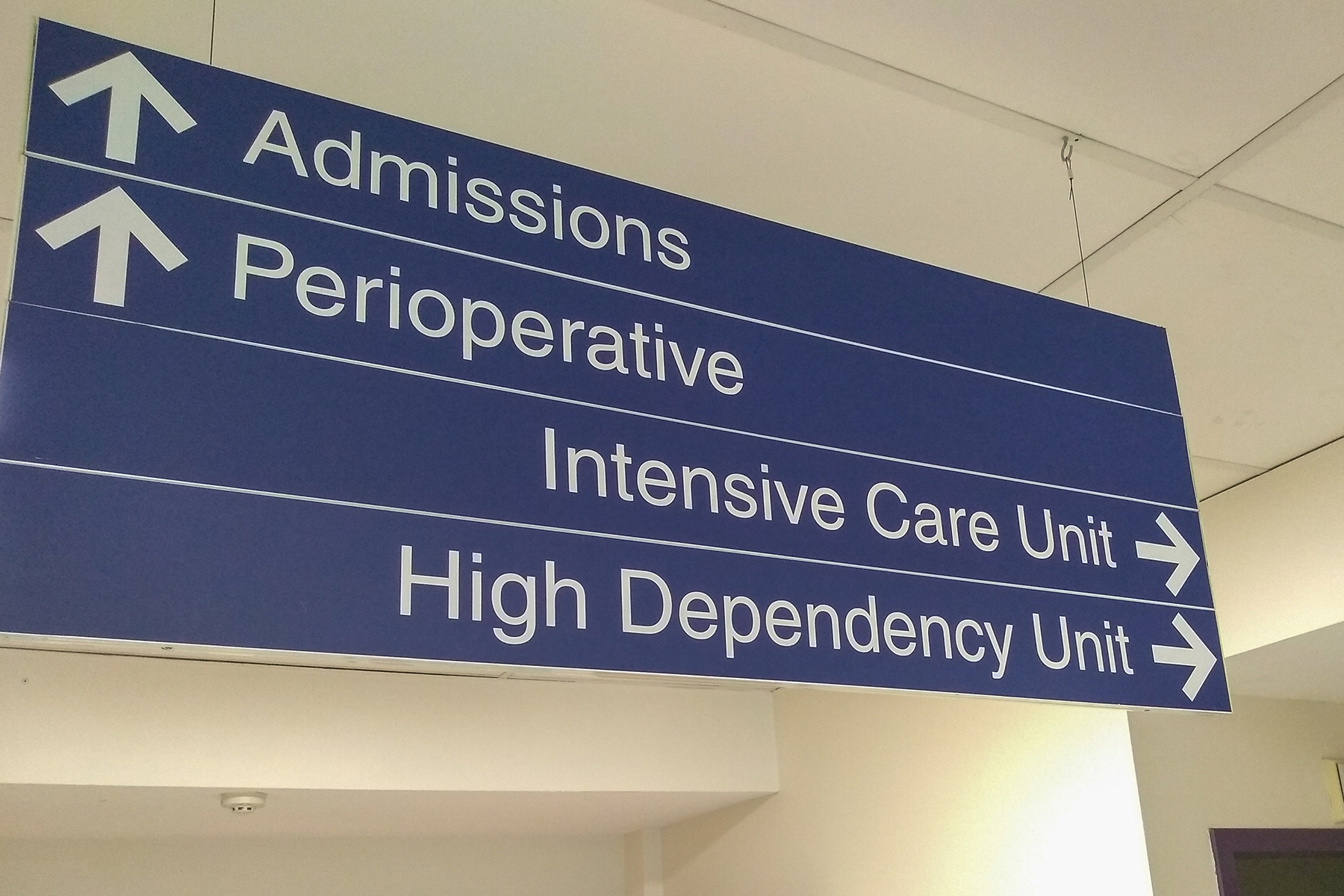Featured Image: Peter Galleghan on Shutterstock
For many of us nursing students, placement takes place in a medical/surgical environment where most of our shift consists of meticulous care plans and having a good old chat with our patients throughout the day.
But what happens when the next four to six weeks of your nursing journey has been allocated to the operating theatre (OT) and your patients are likely sedated for majority of the time they are under your care? The jump from general nursing to specialty areas such as theatre is quite large and can easily become overwhelming.
For me, having an OT placement in my final year of nursing school reminded me of my first day on placement — ever. There are a few things I wish I’d known before starting my placement and here are some of them.
1. Rest and self care.
As with any placement, make sure you are well rested, hydrated and fuelled with healthy food. A day in theatre means a day filled with walking and standing, whether that is to transport patients from theatre to the recovery area or being a part of the team inside theatre during the procedure.
It requires a lot of energy both physically and mentally, and without rest and food you will find yourself unable to perform at your best.
2. Get extra resources
Ask your educator for extra resources. Learning packages generally given to graduate nurses are an excellent resource to have and covers theory in significant detail. Additionally, library resources available within the OT department can be utilised to understand procedures, pharmacology and equipment.
On that note, work closely with your Clinical Nurse Educator (CNE) or facilitator. Within your placement, they are your first point of contact and are there to support you throughout the placement.
They have extensive training and qualifications specific to perioperative nursing and if there are specific procedures you are interested in being a part of, let them know. They will always try and accommodate this for you.
3. It’s a must to ask!
If you are unsure or simply want to know more, do not be afraid to ask. In fact, it is a must.
Working so closely with surgeons and anaesthetists means being a part of the action and having access to a wealth of knowledge from the get-go!
It is also important to clarify the various roles of perioperative staff to understand the different actions taking place.
4. Get feedback
Always ask for feedback from staff you have worked with that day. The daily feedback provided by fellow staff and particularly your preceptor will help you identify areas of improvement and kickstart the reflection process.
Additionally, it creates a starting point for understanding theory outside of placement hours.
5. One last thing
Now if you forget all the above, at least keep this one thing in mind. Don’t. Touch. Anything. Blue.
Things covered in blue generally indicate a sterile environment and disrupting them means more time spent creating a new field and an increased risk of complications for our dear patient. Always keep a 30cm distance.
Perioperative nursing encompasses holistic and patient centred care provided before, during and after a procedure. As a nursing student, specialty placements such as OT can be hard to come by. If you have been allocated, remember to make the most of it and always ask, ask, ask!
Sandra Kumar MACN
Sandra is a final year Bachelor of Nursing student and a Stage One ACN Emerging Nurse Leader (ENL). She is passionate about safe and culturally sensitive care and reflects on her experiences to deliver positive health outcomes for her clients. Sandra is a RUSON across two public hospitals in Melbourne and hopes to commence her graduate year in perioperative nursing. You can follow her career journey on LinkedIn.






